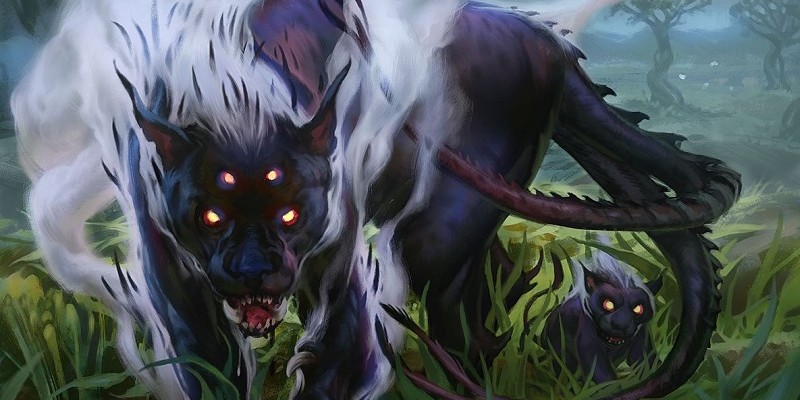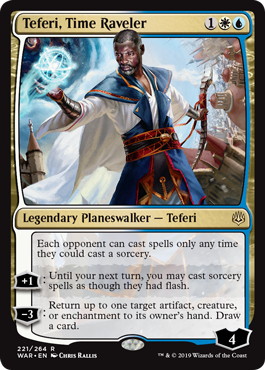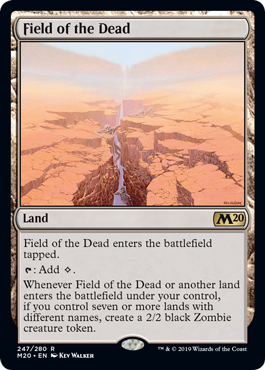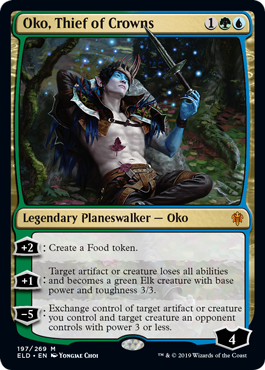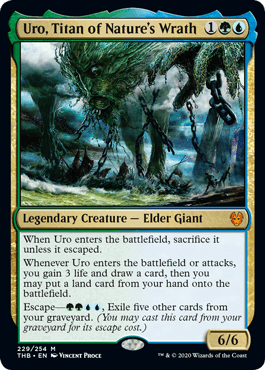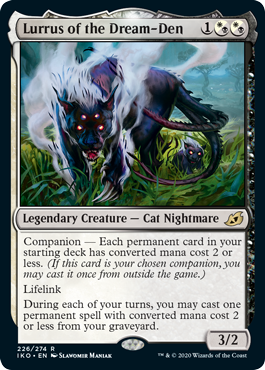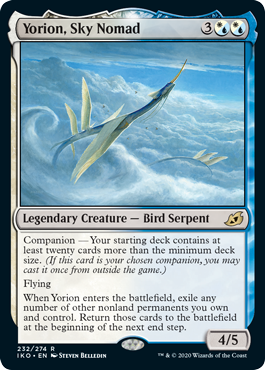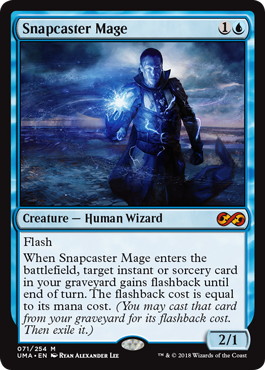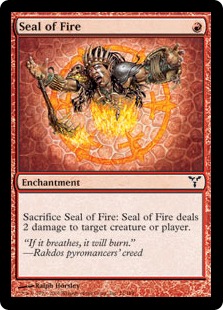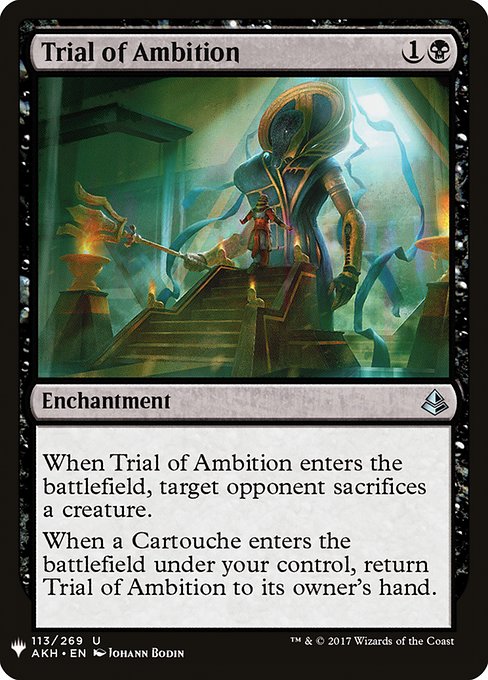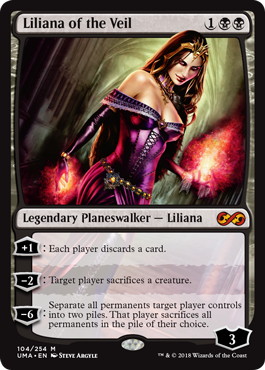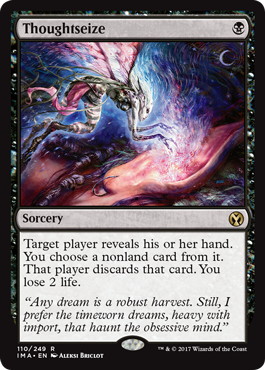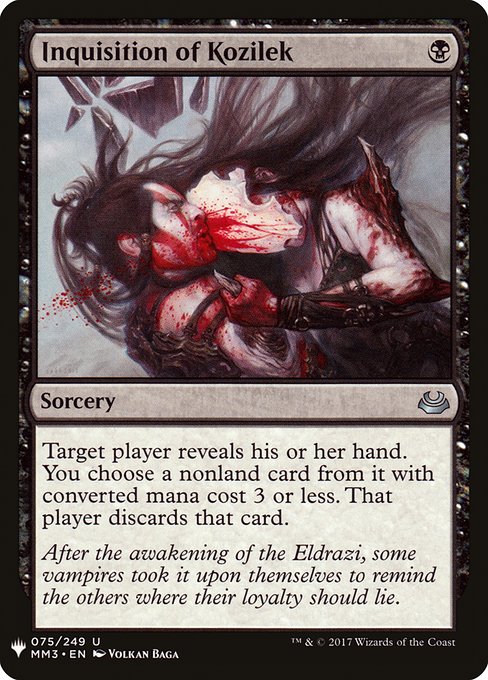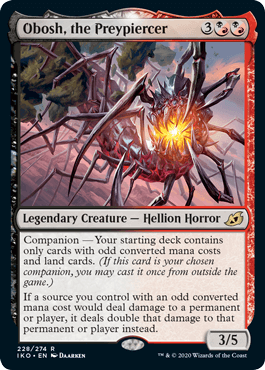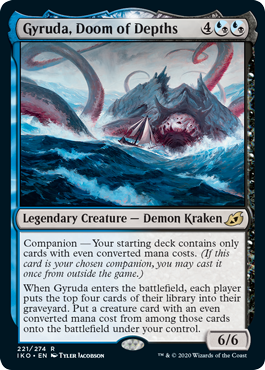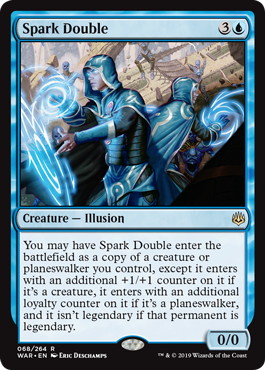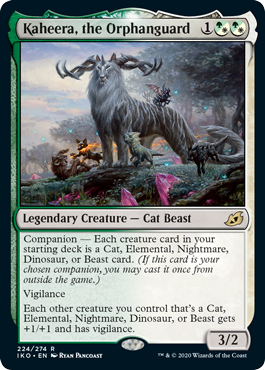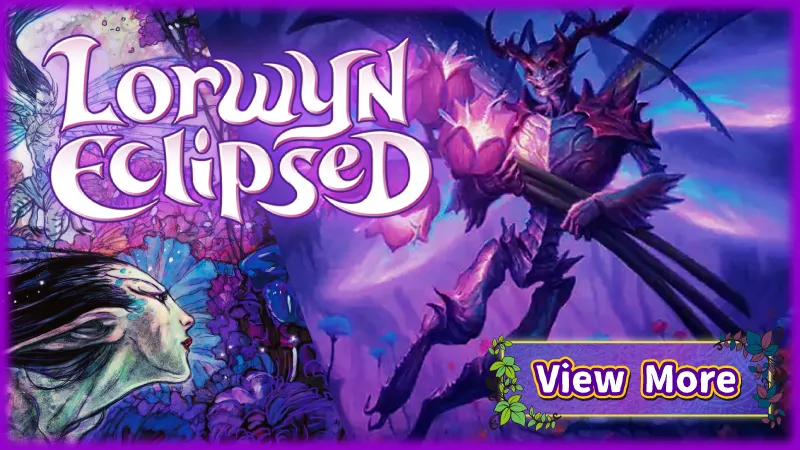Introduction
Monday’s B&R announcement, besides usual bannings, brought us a long-anticipated change to the Companion mechanic.
New Companion Rule:
Once per game, any time you could cast a sorcery (during your main phase when the stack is empty), you can pay 3 generic mana to put your companion from your sideboard into your hand. This is a special action, not an activated ability.
I’ll leave Standard bannings for other content creators to discuss, and I’d like to focus on the impact of that rules change in Modern and Pioneer.
The Reason Companions are Stronger than I Expected
Much has been said about the Companions and how the mechanic breaks the typical card advantage paradigm that we used to build decks around for years. The new rule change doesn’t address that aspect.
I frequently undervalue new cards and mechanics when I’m thinking about the extent to which they can influence non-rotating formats. Granted, after how every Standard set since War of the Spark flipped entire formats on their heads, I should have finally learned, huh. Before I got to play with the cards, I believed Companion cards will have a huge impact every time were you can freeroll them without any or much sacrifice into already existing decks.
I failed to see how impactful 《Lurrus of the Dream Den》 and 《Yorion, Sky Nomad》 will be when it comes into shaping which decks will be viable and how influential they will be for deckbuilding even past just meeting their requirements.
The reason? When I looked at the power level of every specific Companion, my initial hope before playing games with Ikoria legal, was that the cards themselves are just not going to be strong enough Magic cards that they’ll end up being fine, playable, but not as ubiquitous as they ended up being.
After all, if 《Yorion, Sky Nomad》 was the same card minus the Companion line, I think most would agree that it would be pretty solidly below rate for any constructed formats. The same applies to every other Companion, with the exception of maybe 《Lurrus of the Dream Den》, who’s cheap enough and akin enough to effects like 《Tireless Tracker》 and 《Snapcaster Mage》 that I could imagine it being fringe playable if it was just a regular card.
Part of why they end up playing so much better than I considered at first is how they are designed to be synergistic cards. Modern Burn freerolling 《Lurrus of the Dream Den》 might be unexciting if all your Companion can replay is more 《Goblin Guide》, but it gets much stronger as you add 《Mishra’s Bauble》 and 《Seal of Fire》 to your deck too. Normally those cards would be a little subpar, drawing extra power from synergies with your Companion.
The same thing happened with every old cantripping enchantment dug up to fuel 《Yorion, Sky Nomad》. With your Companion being available to you every game, 《Mishra’s Bauble》 no longer just draws a card – it also draws you a second one as soon as you deploy your 《Lurrus of the Dream Den》. 《Trial of Ambition》 in Pioneer, when played early, was more akin to two Edict effects, not just one.
Why is that important? Because it was much easier to build around your Companion’s synergies when they were costed close to a regular Magic card’s cost. Playing tons of extra 《Abundant Growth》 in your Modern control decks is more justifiable if you can convert them into extra resources within a reasonable timeframe. That means that in a way, the synergistic companions got hit by the nerf twice.
Additionally, much has been said about the Companions and how the mechanic breaks the typical card advantage paradigm that we used to build decks around for years. Adding an extra tax of having to pay three mana in order to draw your Companion does not address the eighth card problem. If you are playing a creatureless control deck anyways, whether 《Kaheera, the Orphanguard》 is worth a sideboard slot is still not an interesting question.
Now, should Modern Jund decks return to playing with 《Liliana of the Veil》 instead of 《Lurrus of the Dream Den》? Should you expand every blue deck to eighty cards, if it’s no longer as helpful at stabilizing against aggressive decks? Those are less obvious, or at least that is the hope.
Companion’s Future
Unfortunately, this one-size-fits-all fix does not affect every Companion equally. While the mechanic as a whole gets a lot of flak, it’s possible to make an argument about how it was only 《Lurrus of the Dream Den》 and 《Yorion, Sky Nomad》 who caused significant problems in older formats. Other Companions showed up in more fringe archetypes, or as bad, freerolled cards.
《Yorion, Sky Nomad》 being one of the most powerful ones, while also by the virtue of naturally being included in decks that ramp or look to play in the late-game being less influenced by the nerf is a little worrisome. That being said, while the nerf is very unelegant, I’m being hopeful that it will be able to successfully hit the goal of making Companions not basically required for competitive play.
It’s hard for me to gauge how much will Modern and Pioneer change. 《Lurrus of the Dream Den》 and 《Yorion, Sky Nomad》 accentuated the decks that could have supported either of them, pushing decks that didn’t out of the metagames.
《Lurrus of the Dream Den》
A number of aggressive decks in both of those formats were previously not really good enough but were piggybacking off 《Lurrus of the Dream Den》‘ power level. Since 《Lurrus of the Dream Den》 goes from a “Free Second Wave of Threats after getting Wrathed” to a card advantage engine later down the line, it becomes much less meaningful for aggressive decks.
Since the new rule puts your companion into your hand, discard spells become better, which makes Jund and 《Liliana of the Veil》 a stronger contender. 《Lurrus of the Dream Den》 Burn decks will continue to exist in both formats but will become meaningfully weaker.
《Obosh, the Preypiercer》
《Obosh, the Preypiercer》 becomes a much worse card when you add an extra 3 mana to its cost, but while the only deck that really played 《Obosh, the Preypiercer》 as its Companion – Modern Gruul midrange – used to play (once banned!) 《Bloodbraid Elf》 before Ikoria, the cost of making this deck entirely odd-costed is surprisingly (oddly?) not that big. So, it will be interesting to see if the archetype eschews their Companion or keeps playing it despite a significantly lower power level.
《Gyruda, Doom of Depths》
A somewhat successful Gyruda Clone deck that was somewhat successful in Pioneer is probably entirely dead, as it was quite glass-cannon and it’s not possible to fit the companion tax payment into the natural curve of a two-drop accelerant into two-drop accelerant into 《Gyruda, Doom of Depths》.
《Jegantha, the Wellspring》/《Kaheera, the Orphanguard》
Decks that used to free-roll 《Jegantha, the Wellspring》 and 《Kaheera, the Orphanguard》 will continue to do so, although it will matter less even less than it did.
《Yorion, Sky Nomad》
《Yorion, Sky Nomad》 is the hardest puzzle to solve. Properly assessing how much of a cost is it to play 80 cards in your constructed deck is still hard for me. I think we can expect to see fewer combo decks, like Modern Scapeshift or Pioneer Dimir Inverter venture into the big deck territory, as those suffer much more from decreased consistency.
Now banned in Standard, Jeskai Lukka Fires in Pioneer gets a unique angle, being able to sidestep the companion tax with 《Fires of Invention》.
Conclusion
Overall, on a surface level I think I like the nerf, hoping it will bring a more reasonable level of balance to the mechanic.
Thank you for reading and take care,


